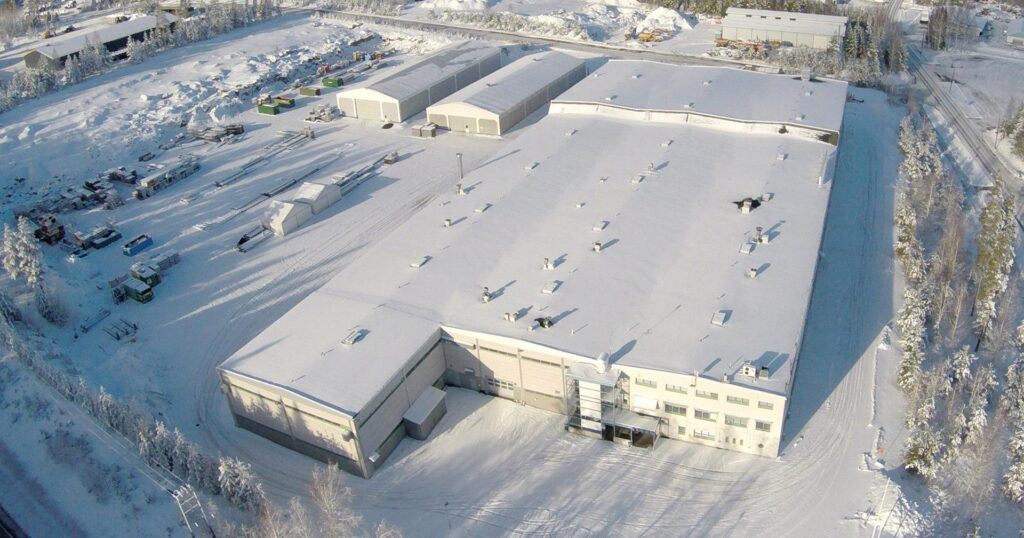Halton is a Finnish company that specializes in high-quality indoor air solutions. Its expertise is perhaps more topical than ever before in the company’s history, dating back over half a century. The decision to expand cooperation with Pinja from production management to production planning came at an apt time.
With its indoor air solutions designed for demanding use, Halton makes a strong contribution to the promotion of health safety both in Finland and globally. One of their most recent innovations, for example, is a filter-based mobile air cleaning solution that was originally designed for hospital use. With the current exceptional circumstances, its demand and use potential have expanded into many other areas.
Halton has previously used parts of PES in its shop floor management but is now preparing an upgrade to the full iPES by Pinja solution. Deployment is scheduled for end-of-year 2020.
– We have two main objectives with the upgrade. First, we want to have a visual and easy-to-use view of our productional load. Secondly, iPES will serve as a handy tool for analysing our ERP data and reveal any update needs, says Delivery Team Manager Sami Ahola from Halton.
Logical continuum from MES to iPES
Halton’s systems have included plenty of load-related data even thus far, but trying to get an overview of the load status at a given time has proven more complex than it should be. Users have had to know exactly how to combine specific transaction searches in the ERP system and, overall, have solid knowledge of which parameters to choose.
– We really look forward to having iPES in place and being able to see load formation at a single glance – to simplify, through green and red boxes. This will allow our production managers to quickly take any necessary steps to ease off bottlenecks.
At Pinja, Halton’s iPES project has been led by Senior Solutions Architect Kimmo Kanninen.
– Collaboration with Halton is an apt example of how continuously developed production systems support a customer company’s business. The expansion from the sphere of MES towards comprehensive production planning and iPES makes a logical continuum. It helps maintain timeliness in the production as well as manage and optimize capacity use – along with many other benefits, Kanninen notes.
Read more
Blog: When to move beyond excel in production planning?
Guide: FAQ – Production planning system adoption
Blog: Tips for those looking to get a production planning system


